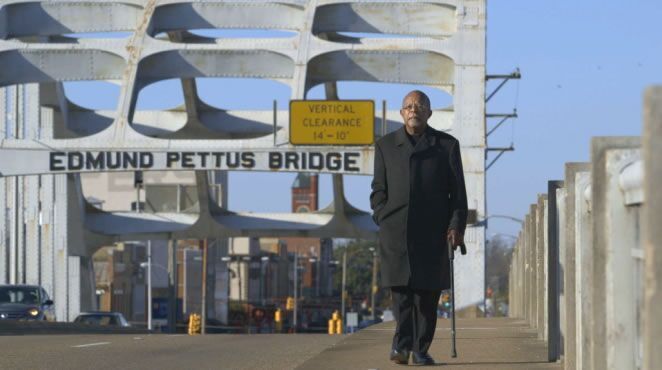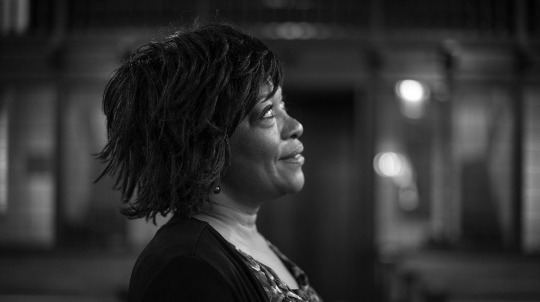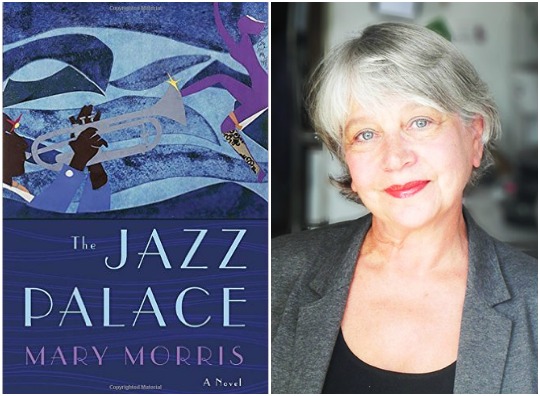Four Things We Learned About Director Ava DuVernay From Her Keynote At SWSW

“They’re going to throw me in director’s jail,” director Ava DuVernay remembered thinking before premiering “Selma” at the American Film Institute in November. Sweating buckets in the bathroom before the screening, she was so stressed she recalled devising a back-up plan if the film bombed: “Maybe Ben [my agent] can help me get another $200,000. I’ve still got stories. I was freaking out.”
It was one of the delightfully transparent anecdotes DuVernay shared during her one-hour keynote at South by Southwest, one of the country’s biggest tech and culture conferences, held every March in Austin, Texas. Equal parts laidback and constructive, her talk veered from screening her film at the White House for the First Family, her strategy for staying rooted while filming “Selma,” and her biggest realization after the Oscars. A few highlights:
1. She felt she was chasing the wrong things while making her first two films.
“On I Will Follow, I was proving my worth through distribution and the box office…My worth was outside of myself. On Middle of Nowhere, I was proving my worth through festivals and accolades. My worth was outside of myself. I was just going from thing to thing, accomplishment to accomplishment and my heart wasn’t enlarging…The dreams were too small. If your dreams only include you, they’re too small.”
2. She doesn’t shy away from a challenge.
“You can tell any story for any amount of money. That’s why it was important for me to not go from a $20 million film to another film but to completely change gears.” 2015 will see her at the helm of two TV projects—a civil rights procedural for CBS as well as a series adaptation of Natalie Baszile’s novel Queen Sugar for the Oprah Winfrey Network. In both, she said her goal is to “slip in some stories about marginalized folks that aren’t usually on the forefront.”
3. Her daily “gratitude list” keeps her grounded.
DuVernay said Oprah encouraged her to write down five things that she is grateful for every day. The practice came in handy during the film’s controversy over the portrayal of President Lyndon B. Johnson. “I thought, what am I grateful for today? Well…I’m in the New York Times.”
4. Her mission is consistent from project to project.
“The image is vital. So if there’s a dearth of them, it affects the way we see ourselves and the way that we are seen…Stop asking people who don’t care about the work and just do the work. If I look at television and I think something’s missing, then you have to go do the work. A lot of people talk and I try to act.”


